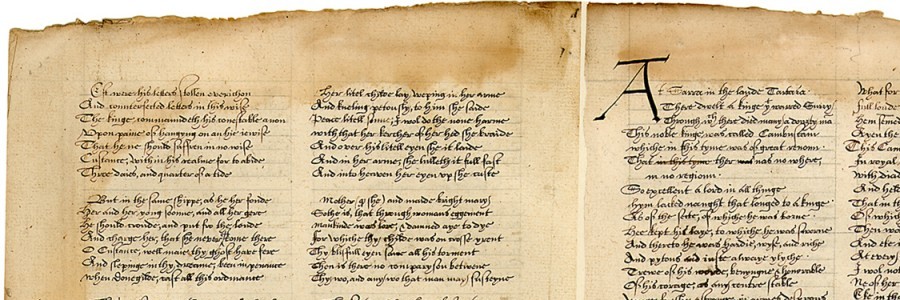Literature
Chiggy, My Artist Pal
In the first grade my first true friend
was Chiggy Gunter, a fuzzy headed big guy, who had a great artistic
talent, wonderful parents, and in all a great influence in my life.
Chiggy's mother Catherine encouraged him from early childhood to be a
great artist and because my own mother, likewise, had pushed me, in art
immediately found a lot in common with him. Our styles were totally
different; he drew like Van Gough and I was more a realist. Since my
drawings looked more realistic than Chiggy's I simply assumed that I was
the better artist. It took me about 50 years to figure out why people
really loved Chiggy's art.
At the time, it made little difference to me that his representations were
not like mine. It meant I didn't have to compete with him. We became a
great team and usually wound up producing the arts that were hung in the
school halls and show places. By the time we reached the second grade our
teacher, Mrs. Haynes, seeing some potential, began grooming both of us for
the southeastern art contest, called America the Beautiful. Consequently,
we spent a lot of time sitting in the back of the classroom drawing and
painting. Each of us qualified for the finals with paintings she had
selected and entered for us.
I was really baffled when the Principal, Mr. Thomas, proudly announced in
a Monday assembly that Chiggy had taken the top prize in the contest. My
painting obviously was better than his. I mean…….his really looked to me
like a child's drawing while mine could have been mistaken for a
photograph. I could only conclude that the judges thought I had traced it
or otherwise plagiarized an older guy's drawing. It may seem surprising
that Chiggy's winning the contest, instead of me, was a very important
gift by the universe to me. If I had won instead of him, an extremely
valuable influence in my life may never have happened.
By my standards Chiggy came from a wealthy family, and his mother,
Catherine, thought larger than most of our parents at the time. She was so
proud of Chiggy’s winning that she could only conclude that he should have
professional training, even at the age of seven. Realizing that Chiggy
would be more enthusiastic for more schooling if a pal went along, she
posed her ideas to my mother, who was having hard enough time feeding her
kids, let alone paying for private training. Private schooling was
something contemplated only by those with money, and my family could never
consider such a luxury. All Catherine had to do was volunteer to pay the
fees for me if mother would permit me to attend with Chiggy. Mother's
pride would neither let her accept Catherine's money nor refuse her
proposition for us, so she agreed and insisted that she would pay my
expenses as long as she could.
The town of Shelbyville, population 12,000, was not exactly a haven for
artists. There was one well-known master, an aging spinster, Corrine
Houston (or Miss Corrine), who in addition to being an eccentric little
ole, hunch backed lady, was presumably a great niece of Sam Houston. In
better times she had studied art in Italy with the “masters”, had painted
since she was a child, and had already become a collectible artist because
of her classic landscapes. She lived in the only remaining wing of a
family mansion house that had almost burned to the ground when she was a
young lady. Soon afterwards everything went wrong for her family, untimely
deaths, alcoholism, insanity, and other losses and scandals that left them
penniless. She was reduced to eking out a living by giving art lessons and
whatever charity was available. She represented the end of an aristocracy.
Her home had no lights or water and she refused offers for improvements
from anyone.
Corrine became a tutor, mentor and wonderful friend for me for the next
three years. Some of the greatest moments of my childhood were spent
sitting with her before an easel. At first Chiggy and I went together
twice a week. She charged a dollar a month until we moved to oils, then
the price went up to a dollar a week, because she furnished some of the
materials. Chiggy would always get hungry after an hour of painting, so
Miss Corrine would give us money to cross the street to the store for
cookies and sodas. Our lessons included four to six hours of drawing,
painting, singing (she played a very nice guitar), philosophy, and some
times, mischief. Eventually she encouraged us to come separately because
we tended to distract each other. She was loving but also stern and
demanding. If a painting needed attention and it was getting dark, we
worked on it by lighting a kerosene lantern. It is difficult to imagine
how a seven year old remained calm sitting in the dark with a hunch backed
old lady (that some people thought was crazy) in the remains of an ancient
mansion.
From that time on art was always a great retreat for me even when my
profession turned elsewhere. Chiggy became a history professor at the East
Tennessee State University.

